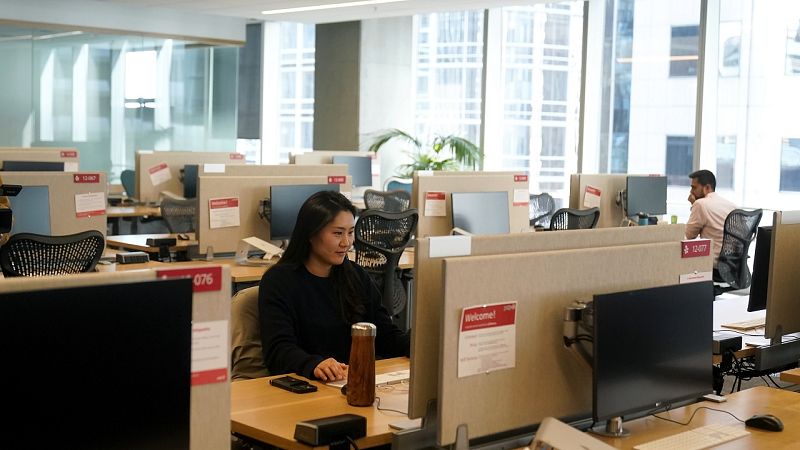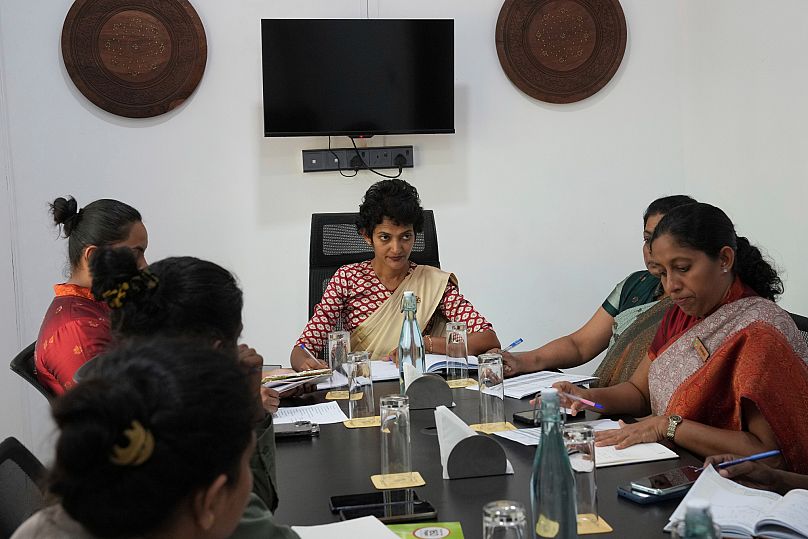
The number of women hired to senior leadership positions has slowed for a third consecutive year, according to the World Economic Forum's Global Gender Gap Report published on Thursday.
The report, which covers 148 economies, says that despite women representing 41.2% of the global workforce, only 28.8% of them reach senior leadership roles.
Between 2015 and 2024, the share of women in top management rose from 25.7% to 28.1%, but progress has slowed post-2022.
"In many sectors, top-level gains are outpacing mid-level promotions, risking the sustainability of balanced talent pipelines. As cross-industry experience rises, particularly among women, nonlinear career paths are becoming more common," the report added.
Overall, the global gender gap has narrowed to 68.8%, the most significant improvement since the COVID-19 pandemic. But even at this rate, full parity is still 123 years away, the data suggested.
Iceland maintains its position as the world's most gender-equal economy for the 16th year in a row, with 92.6% of its gender gap closed.
Finland (87.9%), Norway (86.3%), the UK (83.8%) and New Zealand (82.7%) are also in the top five.

AI skills
Saadia Zahidi, a Managing Director at the World Economic Forum, said that "economies that have made decisive progress towards parity are positioning themselves for stronger, more innovative and more resilient economic progress."
According to data fed into the report by global job website LinkedIn, which has 1 billion members, shutting women out of leadership roles has economic consequences.
At the same time, AI is reshaping the world of work and is demanding new skills from business leaders.
LinkedIn data suggests that women are 20% more likely to have varied careers, where they develop skills that mean they are now uniquely positioned to navigate, and lead in, the AI economy.
Sue Duke, Global Head of Public Policy at LinkedIn, said: "As the global economy is transformed, especially by AI, women must be empowered to deploy the skills and expertise they’ve developed over the course of their flexible careers."







